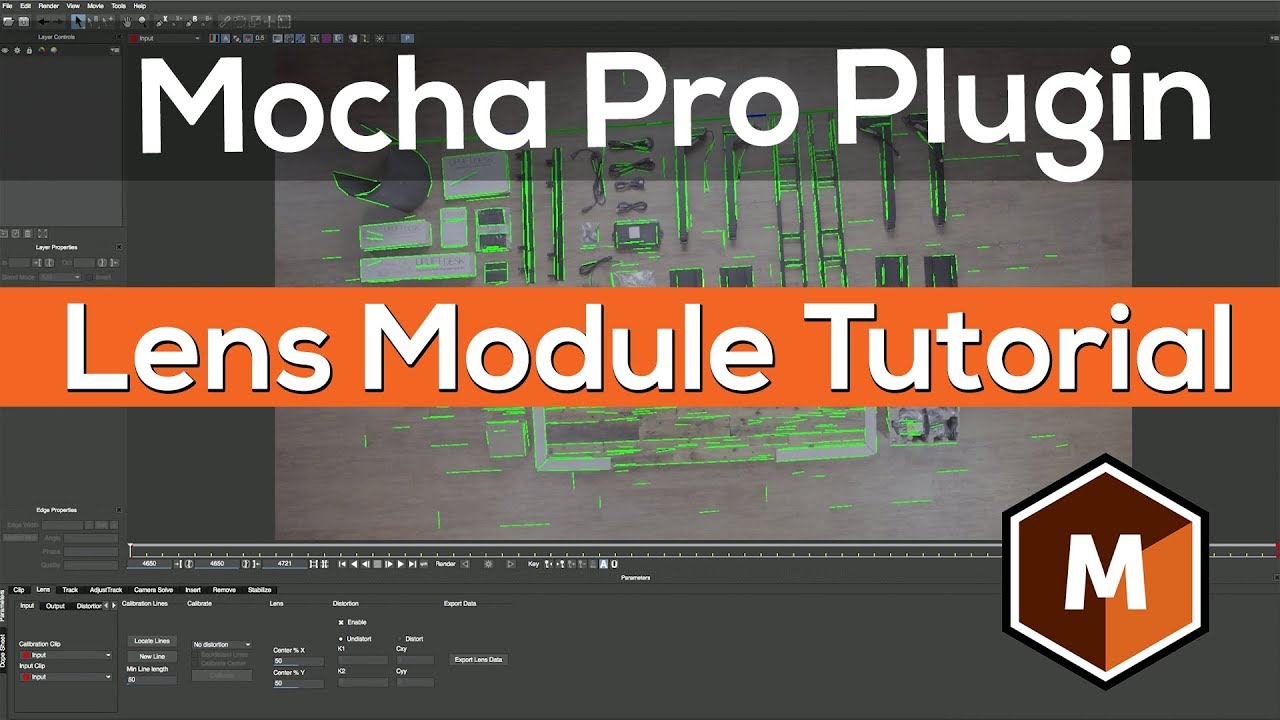
Imagineer has shown an example of a custom “soft sculpting tool”, which allows one to manipulate multiple points on either side of a selected point when adjusting a mask.įrom an export standpoint, the new API allows the creation of custom image formats for saving or reading. Any custom exports that are created can be added as a native item in the export dialogs.Ĭustom tools can be built as well. With the export class, new export formats can be created or existing ones modified and tailored to a specific use. Users can load and run these scripts directly in the mocha Pro interface via a new script editor. Perhaps the biggest changes come with improvements to the Python API, ranging from new classes to customize imports, exports, creating tools, and rendering via the command line. CPU-based performance has also been optimized further in this release.


This can lead to considerable speed-ups, with increases quoted in the 40-60% range depending upon project resolution, settings, and system hardware. The new version updates the solid Imagineer Systems tracking algorithm to take advantage of OpenCL GPU processing. mocha Pro 5 also debuts support for Avid Media Composer, bringing its tools to that application for the first time. The new plugins are big improvement on built-in offerings such mocha AE, as they provide planar tracking and masking directly in the plugin as opposed to a standalone application. Mocha Pro 5 is now available, bringing a slate of improvements as well as new plug-in versions for popular host applications.


 0 kommentar(er)
0 kommentar(er)
